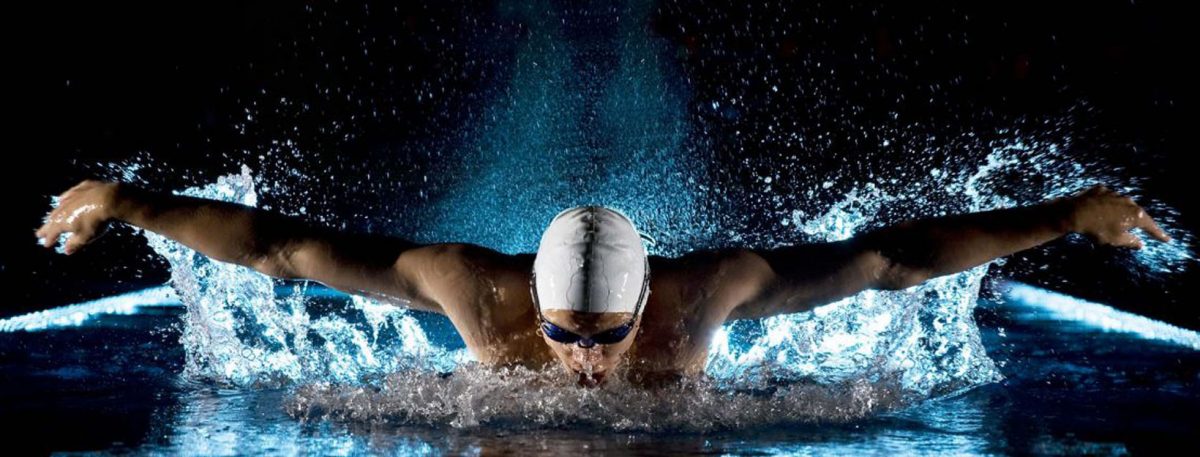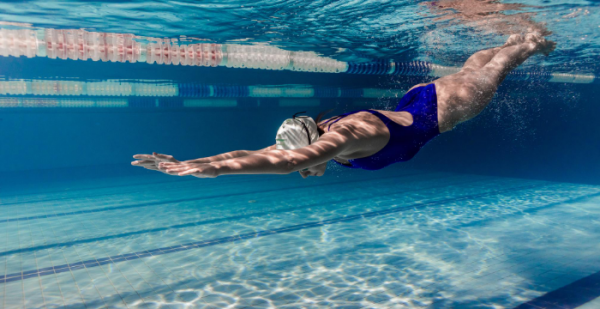IS IT EVER TOO LATE TO LEARN TO SWIM?
Is it too late to learn to swim?
Week Four of the Public Health Agency ‘Mental Wellbeing NI 2020’ campaign focuses on the need to ‘keep learning’ as one of the Take 5 Steps to Wellbeing. This week, we are focusing on how learning to swim as an adult can bring health and wellbeing benefits in a myriad of ways, irrespective of age!
‘Learning to swim in my early forties has brought such fun and adventure into my life. When we go on holiday I can now go on the waterslides with my kids, take boat trips and try kayaking. I was missing out before!’
‘I learnt to swim in my fifties when I wasn’t able to run anymore. Swimming is now my favourite exercise for building endurance, muscle strength and cardiovascular fitness. I go to the pool in Banbridge for 30 minutes three times a week and I am sleeping better and find it is a great way to relax and release stress and tension’

According to research carried out by the Amateur Swimming Association, around one in five adults are unable to swim. Our getactiveabc swim team believe it is never too late to learn and, if you missed the opportunity as a child, our one-to-one teaching or small adult classes can help you slowly acclimatize to the water, gaining a level of confidence you may previously have thought unimaginable. The team recognise the importance of developing proper stroke technique from the beginning to ensure progress. Our instructors have years of experience teaching both adults and children how to swim. Many of the team swam competitively, honing their own technique along the way.
Five Quick Tips To Get You Started
- Start In The Shallow End Of The Pool
You will be able to stand in the water, lowering yourself according to your comfort level. Practice holding your breath while your head is under the surface with the knowledge that you can come up for air whenever you wish
- Buy Goggles
Goggles make swimming more comfortable since they prevent water from getting into your eyes and give you the added reassurance of seeing beneath the surface.
- Spend Plenty Of Time In The Water
Practice makes perfect – if you allow more than a week to pass between sessions you may find it difficult to make sufficient progress.
- Get Comfortable Having Your Face In The Water
Build water confidence in the bathroom before progressing to the pool by practicing submerging your face in the water and holding your breath.
- Give Yourself Breaks & Prepare For Tiredness!
Water is almost 800 times denser than air, so you may find yourself tiring quicker than you do from other forms of exercise. Remember that when you’re working hard in the pool on faster strokes or with a kickboard, your muscles will be getting a pretty intense workout, especially if you haven’t done much swimming before. Bring a water bottle to the side of the pool to keep you hydrated and it is beneficial to warm-down with some gentler exercise at the end of each session in order to prevent injury.

